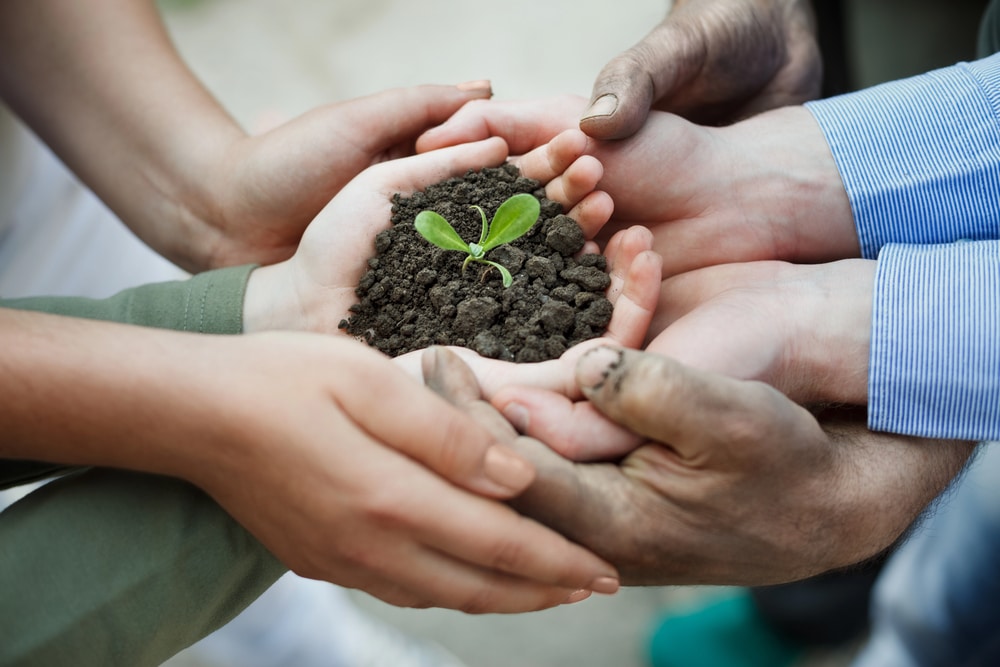
San José, Costa Rica, 23 July 2025 (IICA). The Inter-American Institute for Cooperation on Agriculture (IICA) organized a virtual dialogue entitled “Financial Insertion of Family Farming Organizations and their Enterprises” to enable stakeholders to share evidence-based experiences and improve access to inclusive and sustainable financial services.
More than 120 public policy makers and implementers, private sector economic actors, and international cooperation officials took part in the virtual event, along with representatives of civil society and academia from 16 countries.
This is the first in a series of virtual meetings scheduled to be held under the auspices of the project Value at Origin and the Linking of Family Farming to Dynamic Markets, and the Hemispheric Fund for Agricultural Resilience and Sustainability (FoHRSA), both spearheaded by IICA.
The participants in the discussion, led by Federico Sancho, Manager of Planning, Monitoring and Evaluation at IICA, included Amanda León, the President of Paraguay’s Crédito Agrícola de Habilitación; Fabián Bonilla, Director of the Risk Department of Costa Rica’s Development Banking System; and Susy Bengolea, a financial services specialist who works for the Avanzar Rural Project.
During the event, various participants detailed innovative financial approaches and mechanisms that are being applied in different contexts in Latin America. They include the promotion of women- and youth-led enterprises, the use of technologies and practices that strengthen sustainable production, and the participation of non-traditional financial operators, such as cooperatives, mutual funds, NGOs, and associative enterprises.
Participants also highlighted the importance of combining financial services with financial technical assistance and education, as well as the implementation of instruments such as factoring (a financial mechanism where a company sells its accounts receivable for cash) that facilitate access to working capital on more favorable terms for family farming organizations.
Financial inclusion for the sustainability and growth of rural markets
Amanda León shared the experience of the Crédito Agrícola de Habilitación (CAH), an institution with over 80 years of experience dedicated to providing financial services to family farming in Paraguay. She highlighted the CAH’s commitment to financial inclusion, especially for women, youth, and informal producers, through a national network of 80 service points.
León emphasized that the CAH not only provides loans, but also advises and supports rural producers, building close relationships based on mutual trust. The institution has been a pioneer in financial education, a key component for empowering rural entrepreneurs and facilitating their access to financial services.
Fabian Bonilla explained how Costa Rica’s Development Banking System (DBS) serves as a coordinated network of public and private stakeholders that facilitates access to financing for producer organizations, especially in rural areas. He pointed out that it operates under a legal framework that guarantees the transparency and strategic focus of its actions, with specific indicators for sectors such as agriculture.
“Financing is not an end in itself, but rather a means for producers to respond to the demands of the market and to move toward more sustainable and inclusive models. These spaces for dialogue are important because they allow us to learn about the experiences of other countries and adapt financial products to new situations,” Bonilla observed.
During her presentation, Susy Bengolea presented the achievements of, and lessons learned from, the Avanzar Rural Project, a comprehensive initiative aimed at reducing poverty and promoting sustainable rural development in five regions of Peru. The project surpassed its initial goal, benefiting more than 20,000 small farmers through business plans, sustainable natural resource management, and organizational strengthening.
She explained that the project’s core component was the development of sustainable and inclusive rural businesses, noting out that strategic partnerships are essential for scaling successful models and generating sustainable impacts in rural communities.
Federico Sancho emphasized the fact that access to financing is a determining factor in family farmers’ efforts to innovate, adapt, and connect with markets in a sustainable manner.
He highlighted the annual gap of more than USD 300 billion in financing for the agrifood systems of developing countries, which limits rural well-being and resilience in the face of global shocks. He stressed the need for a new financing model designed to combine financial and non-financial services, reduce risks, and mobilize public and private capital in a coordinated manner.
He also underlined the fact that the success of such models depends on their adaptation to the specific local conditions, the strengthening of financial institutions, the digitalization of services, and alignment with public policies.
More information:
Institutional Communication Division.
comunicacion.institucional@iica.int











